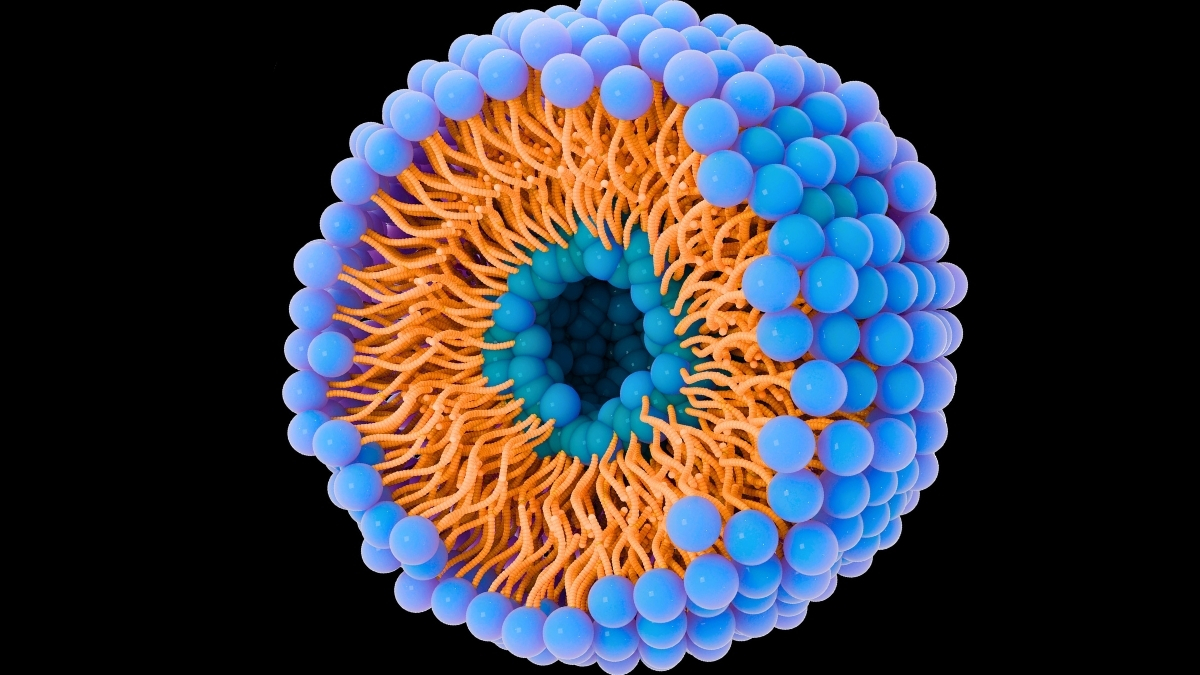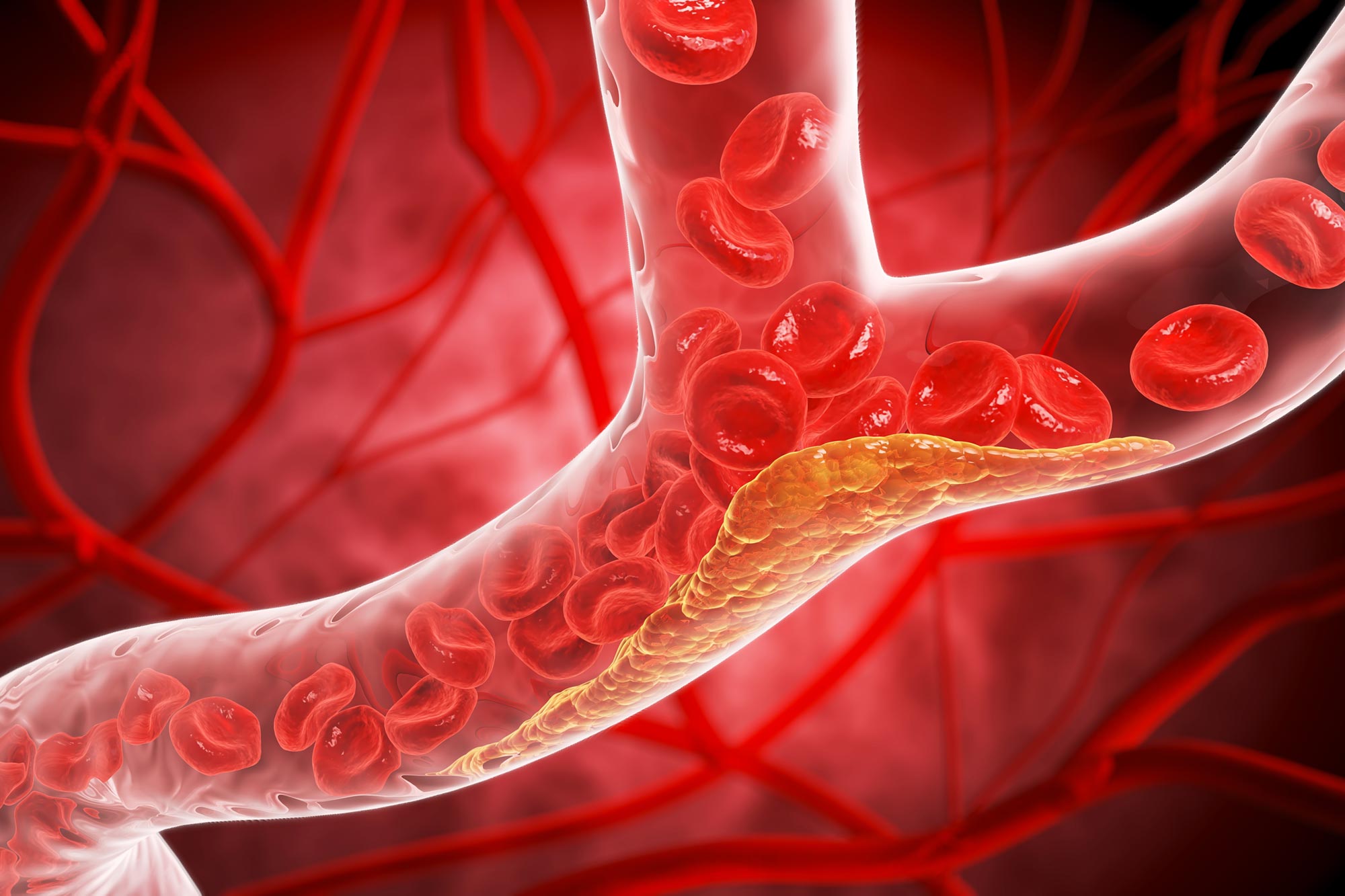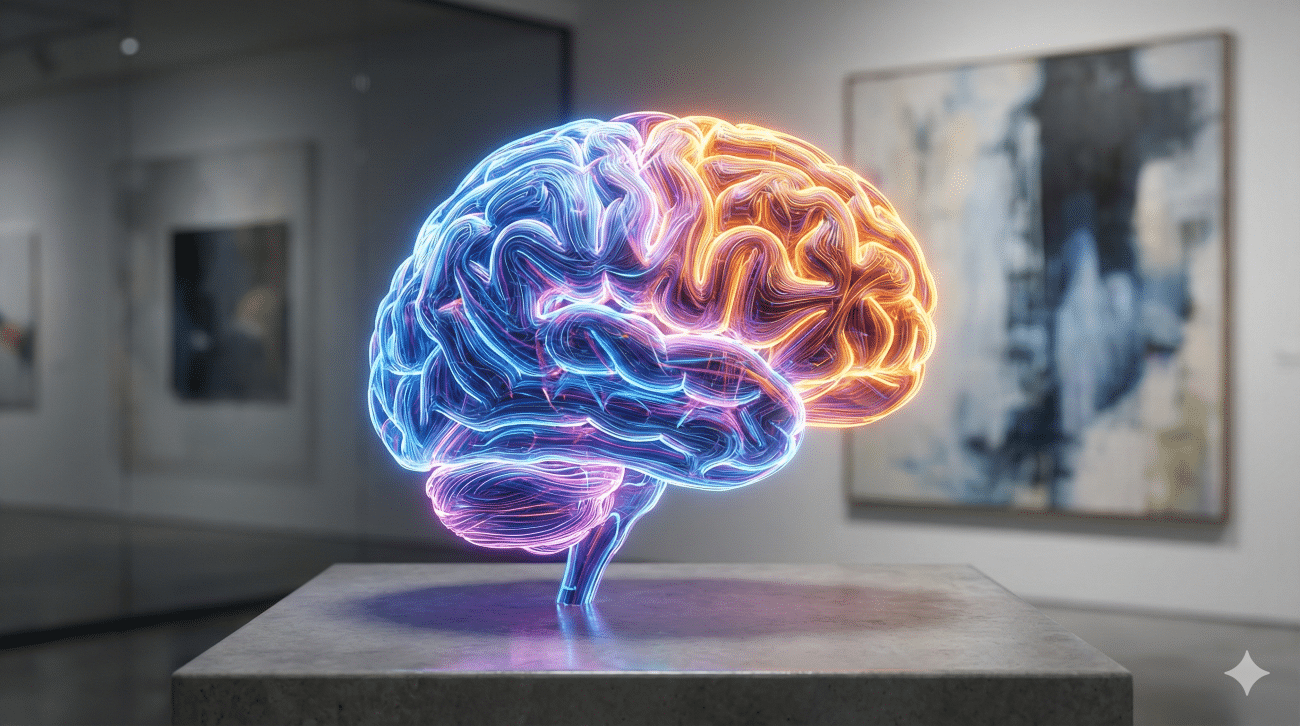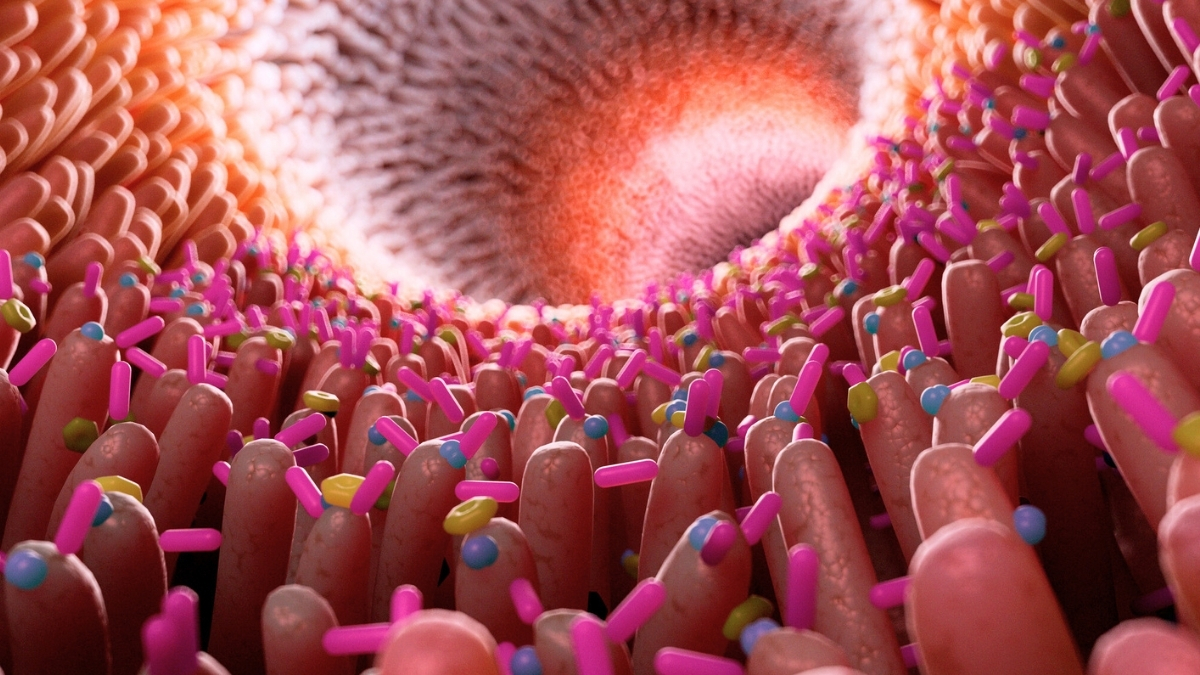An osteopath urges everyone to do this one daily stretch to undo the damage caused by prolonged sitting—it only takes three minutes - Fit&Well
1/30/26 at 2:54am

Use it to prevent the common hunchback posture that afflicts desk workers
Viewed by
You are the first to view
"I Was Told It Was Normal": 17 "Ugly," Dark Realities Of Pregnancy That Most People Don't Know - BuzzFeed
1/29/26 at 8:12am

"The first 10 days postpartum were harder than my entire pregnancy and birth combined..."
Viewed by
You are the first to view
Tiny Bubbles Help Cancer Invade New Organs – And May Be Key to Stopping It - ScienceAlert
1/30/26 at 2:54am

Cancer is transported from one organ to another by invisible bubbles.
Viewed by
You are the first to view
Here’s What Happens When You Stop Taking Ozempic and Wegovy - The Wall Street Journal
1/30/26 at 2:54am

Popular weight-loss drugs are meant to be lifelong treatments for a disease, not lifestyle fixes
Viewed by
You are the first to view

Scientists have uncovered why only some people with psoriasis go on to develop painful joint inflammation.
Viewed by
You are the first to view

Dr Nina Higson-Sweeney, who was diagnosed with OCD when she was 10, explains when you should seek help.
Viewed by
You are the first to view
This Simple 48-Hour Diet Cut Harmful Cholesterol by 10%, Study Finds - SciTechDaily
1/30/26 at 2:54am

A brief, calorie-restricted diet centered almost entirely on oats led to a surprisingly strong and lasting reduction in cholesterol in people with metabolic syndrome. A very short dietary intervention built around oats may deliver meaningful improvements in c…
Viewed by
You are the first to view
Bamboo Could Be The Next 'Superfood', But There's a Reason to Be Cautious - ScienceAlert
1/30/26 at 2:54am

Calling ingredients with multiple health benefits 'superfoods' may be more of a marketing gimmick than a scientific category, but a recent review on bamboo's health benefits certainly suggests the plant might be worthy of the name.
Viewed by
You are the first to view

Anti-vaccine Kennedy may be "enacting a self-fulfilling prophecy," expert says.
Viewed by
You are the first to view
Memory Rewritten: Study Finds No Clear Line Between Episodic and Semantic Retrieval - Neuroscience News
1/30/26 at 2:54am

A new study challenges the long-standing belief that episodic and semantic memory rely on distinct brain systems.
Viewed by
You are the first to view
Grant County cat dies from 'highly pathogenic' bird flu, WSDA emphasizes risk - komonews.com
1/29/26 at 8:12am

The WSDA advises pet owners to take precautions to reduce the risk of exposure.
Viewed by
You are the first to view

Researchers connecting pieces of the massive Alzheimer's puzzle are closer to slotting the next one in place, with yet another link between our guts and brain.
Viewed by
You are the first to view
Novel nanomaterial uses oxidative stress to kill cancer cells - Phys.org
1/30/26 at 2:54am

Scientists at Oregon State University have developed a new nanomaterial that triggers a pair of chemical reactions inside cancer cells, killing the cells via oxidative stress while leaving healthy tissues alone. The study led by Oleh and Olena Taratula and Ch…
Viewed by
You are the first to view
A Bizarre Link Between Colorblindness and Bladder Cancer Might Actually Make Total Sense - Gizmodo
1/29/26 at 8:12am

Colorblind people might have a unique disadvantage in noticing an early warning sign of certain cancers, a new study suggests.
Viewed by
You are the first to view
Here’s how your diet may affect UTI risk - The Washington Post
1/29/26 at 8:12am

UTIs are generally caused by bacteria — E. coli, most often — and research suggests that, at least in some cases, the bacteria may come from meat.
Viewed by
You are the first to view
Doctors are ignoring new federal vaccine recommendations - abc7.com
1/29/26 at 8:12am

The American Academy of Pediatrics on Monday released its updated recommendations for what vaccines children should get.
Viewed by
You are the first to view
Scientists Develop Powder to Whiten Teeth With Toothbrush Vibrations - The Daily Beast
1/30/26 at 2:54am

The powder could serve as a less damaging alternative to traditional teeth-whitening methods.
Viewed by
You are the first to view
Colorectal cancer most deadly cancer for those under 50: Here are the symptoms - al.com
1/29/26 at 8:12am

Colorectal cancer was the leading cause of cancer death among young people in 2023, according to the American Cancer Society.
Viewed by
You are the first to view
Study Finds Meat Eaters Are More Likely to Live to 100, But There's a Catch - ScienceAlert
1/29/26 at 8:12am

People who don't eat meat may be less likely than meat eaters to reach the age of 100, according to a recent study.
Viewed by
You are the first to view
This Common Vaccine May Reduce Biological Aging - SciTechDaily
1/30/26 at 2:54am

A new study suggests that getting the shingles vaccine may be linked to slower biological aging in older adults, beyond its role in preventing infection. A shingles shot is best known for preventing a painful flare-up of an old infection, but new findings sug…
Viewed by
You are the first to view
An Alzheimer’s breakthrough 10 years in the making - Harvard Gazette
1/30/26 at 2:54am

The findings mark a potentially major leap in understanding a disease that affects more than 50 million people worldwide.
Viewed by
You are the first to view

Mixed news for heart health: fewer heart attacks but rising stroke deaths among young adults. Study reveals 90% of U.S. adults have cardiovascular risks.
Viewed by
You are the first to view

Small price, big results.
Viewed by
You are the first to view
Top Cancer Researchers Join Forces to Advance Development of Therapeutic Cancer Vaccines - PR Newswire
1/29/26 at 8:12am

/PRNewswire/ -- Cancer vaccine research is entering a new phase as leading scientists join forces to coordinate the next stage of progress in cancer immunity....
Viewed by
You are the first to view
The Rise of Trimester Zero - The Cut
1/29/26 at 8:12am

In certain corners of Instagram and TikTok, it’s never too early to start thinking about the health of your future child.
Viewed by
You are the first to view